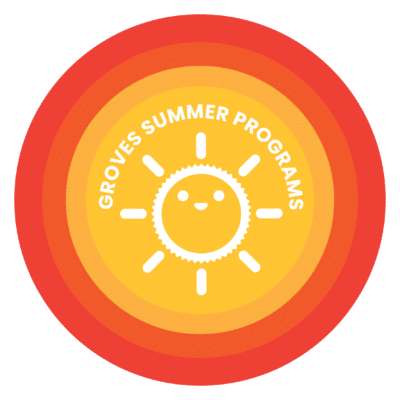Language Processing Resources
What is Language Processing Disorder?
People with Language Processing Disorder (LPD) have difficulty understanding and making sense of the words they hear. It is a neurological problem that can affect expressive language (what you say) and/or receptive language (how you understand what others say). Poor written expression and reading comprehension, as well as difficulty expressing thoughts verbally, may be symptoms of the disorder. Those struggling with LPD are often frustrated by having a lot to say and no way to say it. Often they can describe or draw an object but can’t think of the word for it, despite feeling it is right on the tip of their tongue.
Children with LPD have trouble:
- Following multistep directions.
- Following spoken directions.
- Rhyming, reading, spelling, and writing.
- Understanding and joining in conversations with peers and adults.
- Understanding vocabulary and sentence structure.
Find Educational Resources for Language Processing
If your student is struggling academically and shows signs of LPD, early intervention is crucial. Groves Learning Center offers comprehensive assessments for children and young adults with speech and language concerns. If we shed light on a diagnosis, our certified speech-language pathologist will work with you to develop an empowering, individualized treatment plan. Students enrolled in Groves Academy may receive speech and language services as part of their school day.
Strategies to Assist Language Processing
If a diagnosis of LPD is confirmed, our brilliant certified speech-language pathologist will work with you to develop an individualized treatment plan. Some speech-language therapies may highlight:
- Improving listening skills
- Use visualization techniques to enhance listening and comprehension
- Working on ways for the child to be a successful learner at school and in the community, such as:
- Speaking slowly and clearly, using simple sentences to convey information.
- Writing main concepts on the board.
- Using a support person or peer tutor.
- Use a tape recorder for note-taking.
- Using graphic organizers for note-taking from lectures or books.
- Using story starters for creative writing assignments.
- Practicing story mapping.
